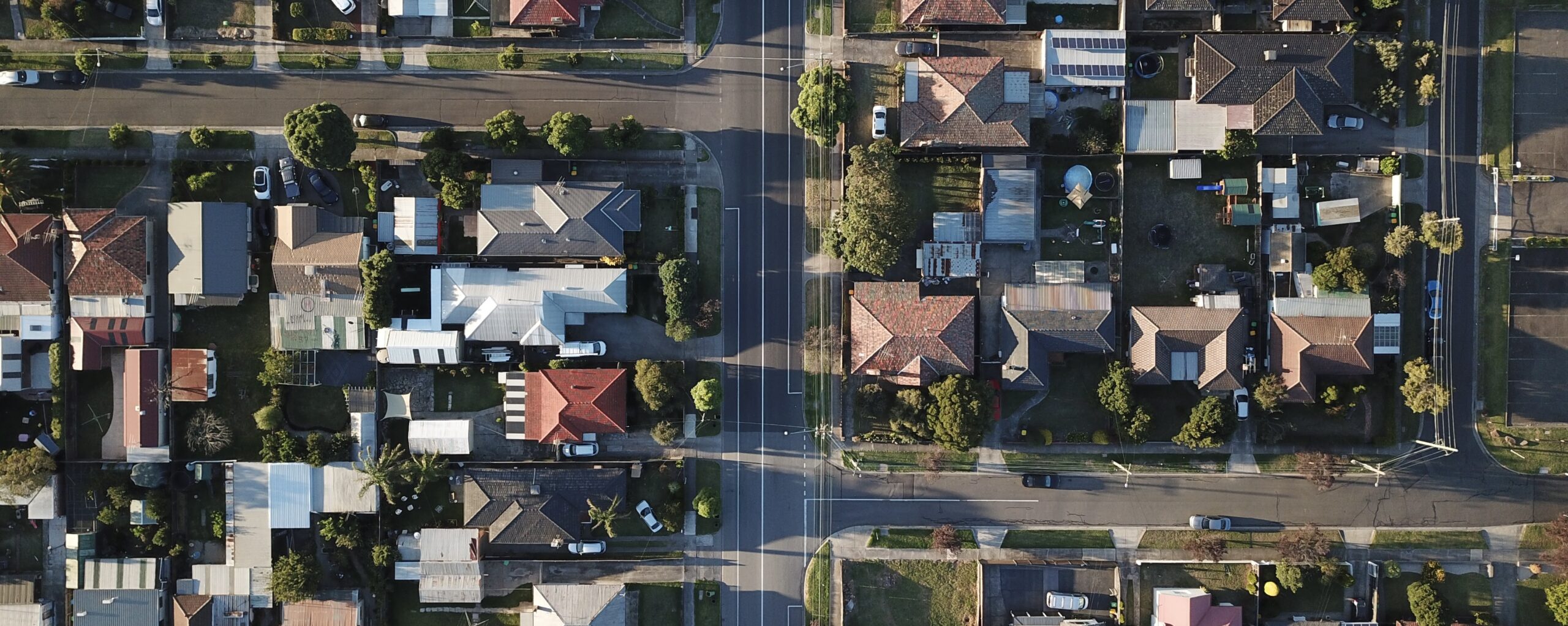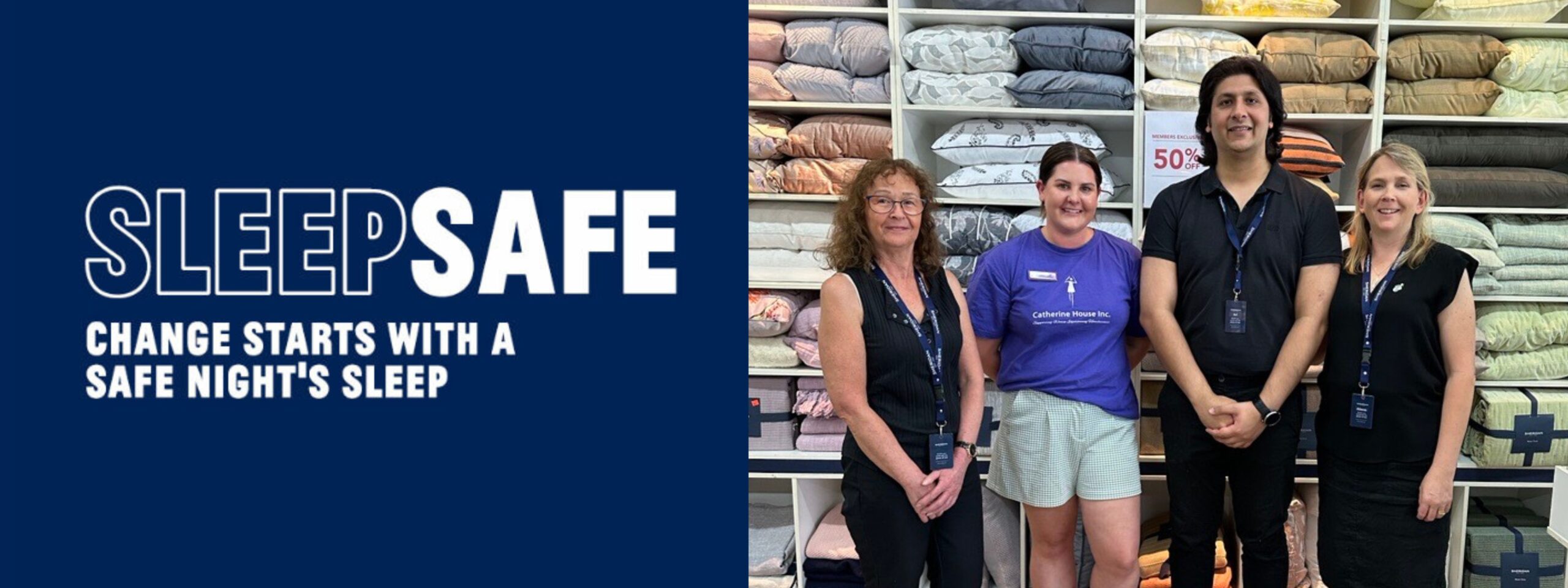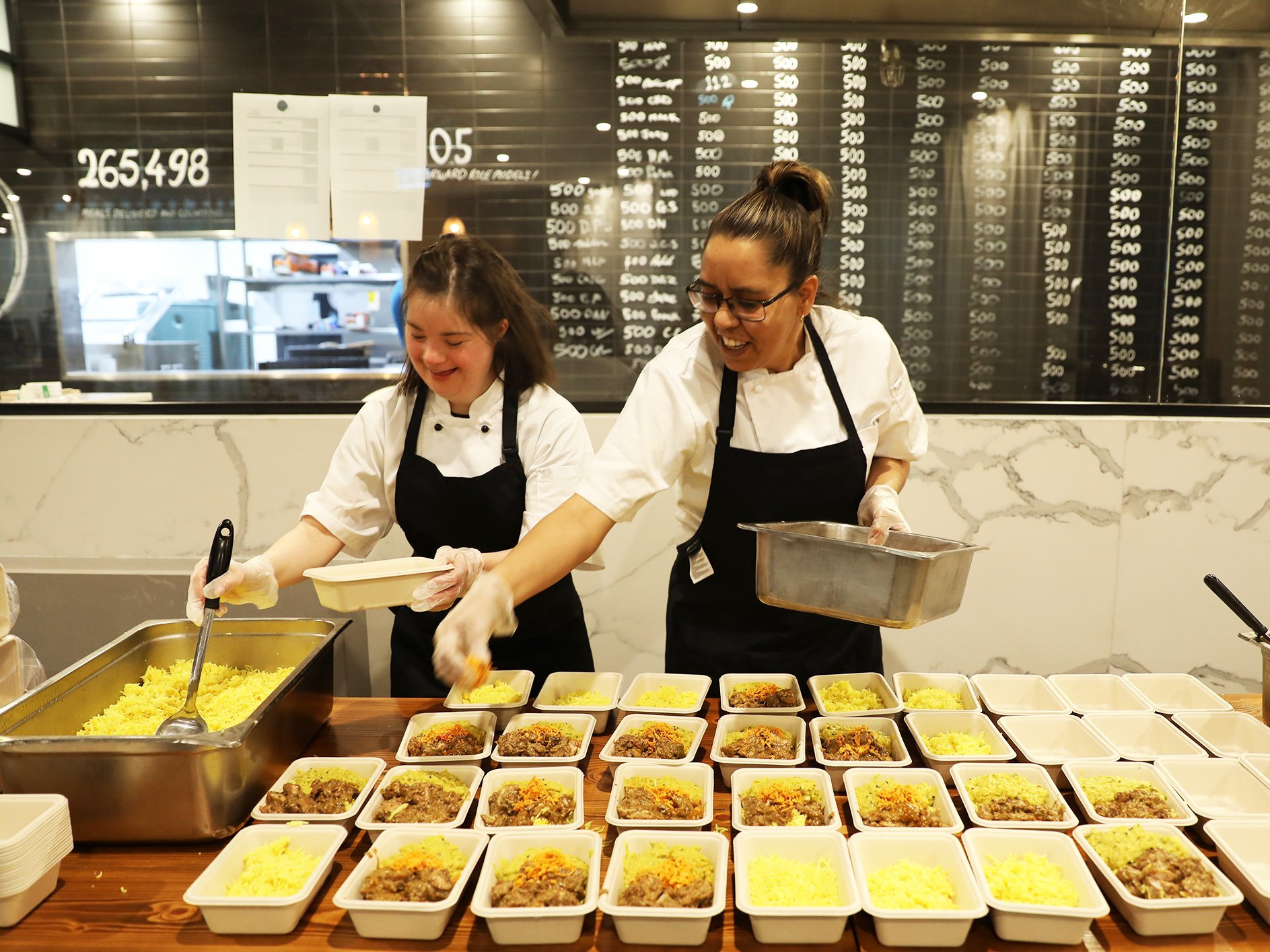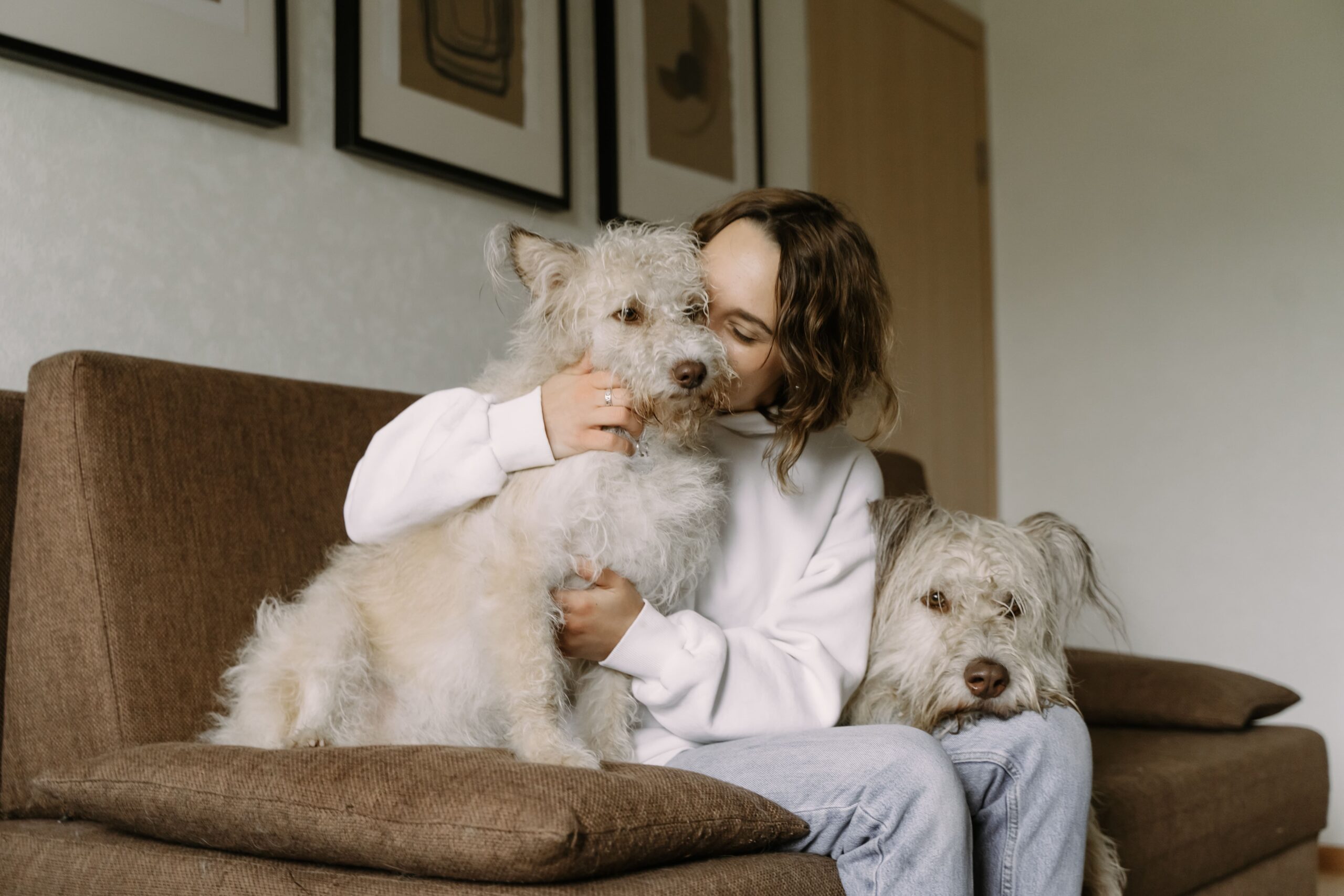
Last month the ABS released the 2021 Census data estimating homelessness in Australia. The national data gives a snapshot, a point-in-time picture, of those who are experiencing homelessness and living in marginal housing. It offers a helpful overview of who is experiencing homelessness and where they are staying – for example 56% are women and children and 2 in 5 people are in overcrowded dwellings. But in many ways, the Census only shows us the tip of the iceberg.






